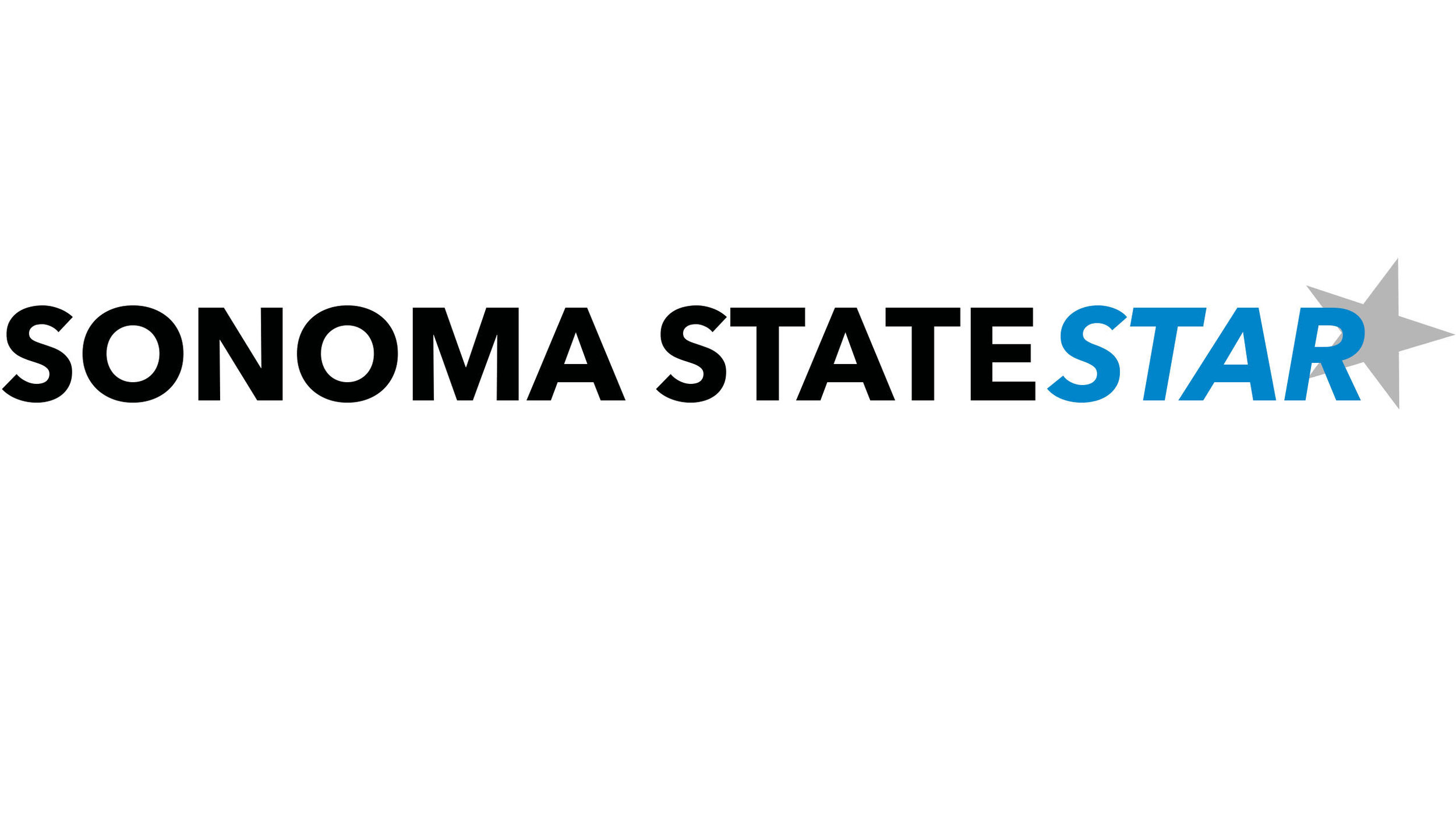United Airlines boycotts prove to be difficult
/Columnist Kendall Grove
United Airlines has been under fire for the viral video that depicted Dr. Daniel Dao being violently dragged off of their commercial airline. Dao, 69, suffered a broken nose, concussion and lost two front teeth from the altercation, according to the Daily Mail.
Many sources claim the reason for United having to ask for volunteers to give up seats was to clear space for a few United employees. When no one volunteered, they began choosing people to without consent.
Once Dao was identified as the passenger, multiple news sources claimed that Dao had criminal history and had received drug and sex charges. Even if these claims turn out to be true, it still doesn’t excuse the abuse Dao suffered.
Although some believe the source of the problem was the involuntary removal, the real problem may be a lot bigger.
Since the situation happened on April 9, the CEO of United has released multiple statements. First, CEO Oscar Munoz said, “I apologize for having to re-accommodate these customers.”
This statement upset many people because it only addressed the “overbooking” and not the abuse that occurred. After receiving an overwhelming amount of criticism, United Airlines released three other statements in attempt to save whatever reputation they have left.
In light of this situation, it’s easy for people to say they will never fly with United Airlines again, but this may prove to be a difficult task.
The Washington Post reported, “Today, United commands over 50 percent of the market share in some places where it served fewer than five percent of air travelers ten years ago.”
In certain locations, options may be limited to only United Airlines. According to the Department of Transportation, United Airlines has 51 percent of the passenger traffic that goes through Houston, 37 percent of passenger traffic San Francisco and 30 percent of passenger traffic in Chicago.
United Airlines is often the cheapest as well, which could create a hardship on anyone committed to boycotting them.
The Washington Post explains this conundrum, “If I want to fly nonstop between Dulles and San Francisco, for instance, my options this weekend include a United flight for $632, and a Virgin America flight that costs $115 more. Virgin may offer better service — but is it $115 better?”
People may be upset about United Airlines treatment of Dao, but boycotting the airline is an ineffective stance on the matter at hand.
An economics professor fromNortheastern University, John Kwoka, told Bloomberg, “If you are in Houston, good luck if you want to boycott United...that’s called monopoly power, where you have little functional choice for your travel options.”
The real problem stems from the monopoly that has become the commercial flying industry.
Kwoka also said, “This is not the airline industry an economist interested in competition or a passenger interested in options would want. This is not where we should have ended up.”
For the majority of people that cannot spare the $115 dollar discrepancy, there is still something you can do.
Over the past few weeks, many stories have come out about people’s United Airlines experiences. Exposing the true nature of this industry will help document the ever growing need for change.
It’s important to continue upholding high standards of human treatment and moral in hopes that it will end this kind of behavior from corporations.



